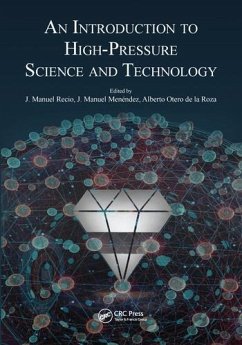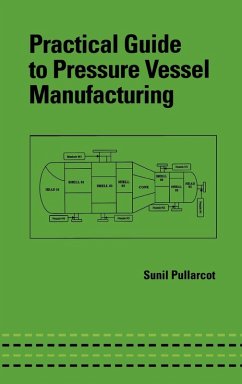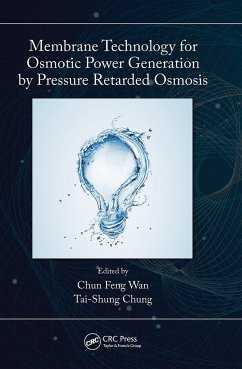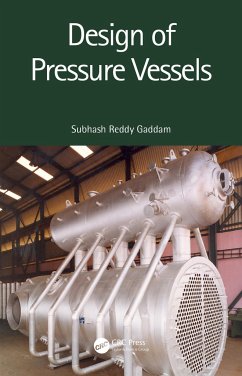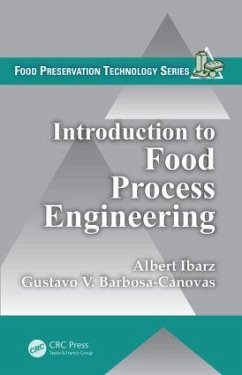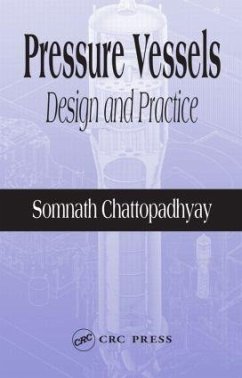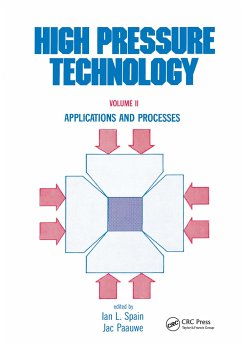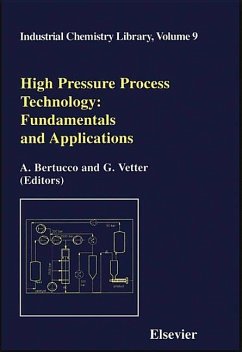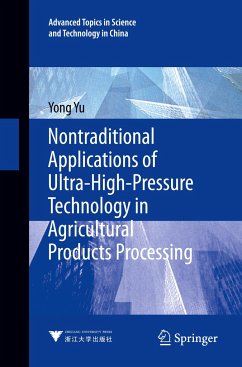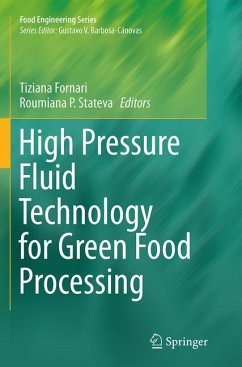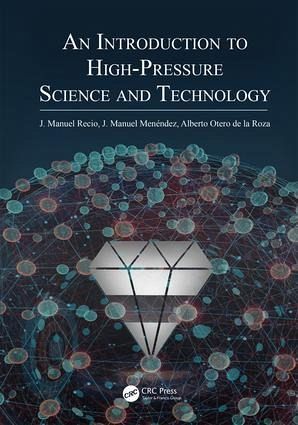
An Introduction to High-Pressure Science and Technology
Versandkostenfrei!
Versandfertig in 1-2 Wochen
107,99 €
inkl. MwSt.

PAYBACK Punkte
54 °P sammeln!
An Introduction to High-Pressure Science and Technology provides you with an understanding of the connections between the different areas involved in the multidisciplinary science of high pressure. The book reflects the deep interdisciplinary nature of the field and its close relationship with industrial applications. Thirty-nine specialists in high-pressure research guide you through the process of learning why pressure is considered a powerful scientific and technological tool, how pressure can be introduced into the laboratory, and which problems can be solved using this thermodynamic varia...
An Introduction to High-Pressure Science and Technology provides you with an understanding of the connections between the different areas involved in the multidisciplinary science of high pressure. The book reflects the deep interdisciplinary nature of the field and its close relationship with industrial applications. Thirty-nine specialists in high-pressure research guide you through the process of learning why pressure is considered a powerful scientific and technological tool, how pressure can be introduced into the laboratory, and which problems can be solved using this thermodynamic variable. The book presents basic thermodynamic equations and state-of-the-art computational tools. It shows how many experimental techniques, when combined with pressure, are powerful sources of information for understanding natural phenomena and reveal clear paths for the design of novel materials. The book also addresses the responses of microorganisms, Earth constituents, and icy planets to pressure.



